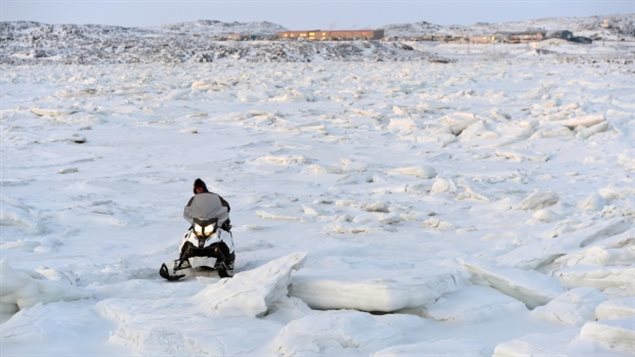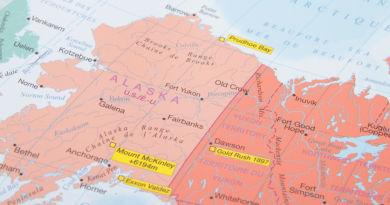Arctic health poorer in Canada

(Sean Kilpatrick/Canadian Press)
The well-being of northerners in Canada’s Arctic compares poorly with people in other polar regions of the world, according to a long-running study.
Canadians rank at best in the middle of the pack on infant mortality, tuberculosis, fatal accidents, homicide or suicide, reports the second Arctic Human Development Report.
However, Canada leads the world in other things like innovative governance structures that allow for local participation. The report compares the Arctic regions of Canada, the U.S., Russia, Greenland, Iceland, Scandianavia and regions like the Faroe Islands.
In general, the study found health is strongest in countries like Norway and Finland, where there is little difference between north and south, indigenous and non-indigenous.
The Russian Arctic consistently fares the worst.
Related stories from around the North:
Canada: (Video) Bridging the Divide – Health care in the North, Eye on the Arctic
Greenland: Researchers must be honest with Arctic peoples about food contaminants: doctor, Eye on the Arctic
Norway: Nordic diet a heart-smart alternative, Radio Sweden
Sweden: Demand ups Sweden’s reindeer meat prices, Radio Sweden
United States: Researchers identify Inuit gene responsible for sugar intolerance, Alaska Dispatch News



